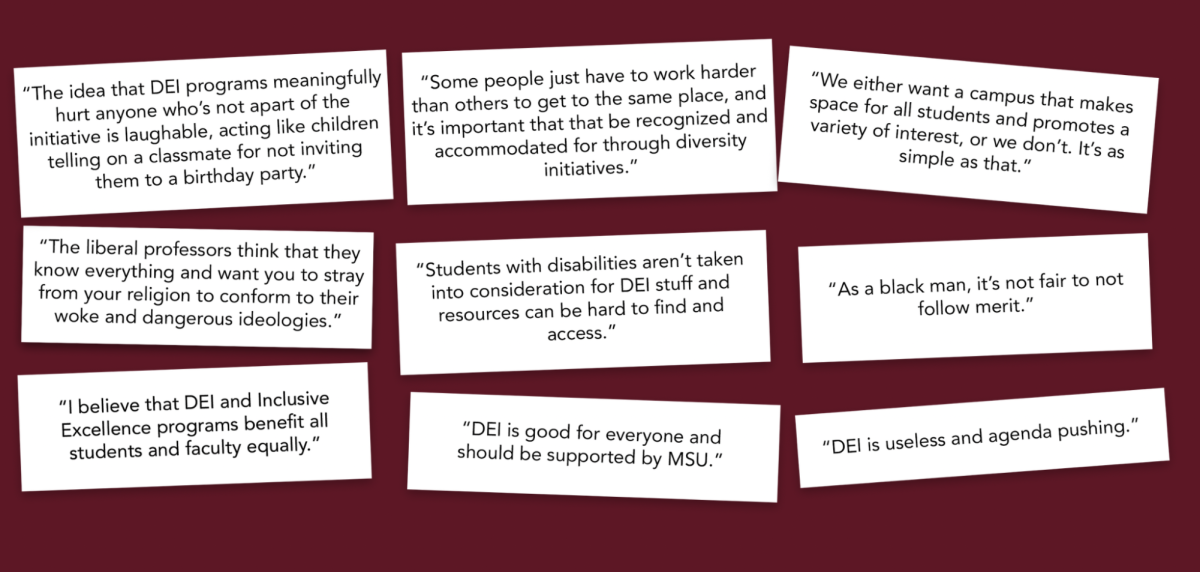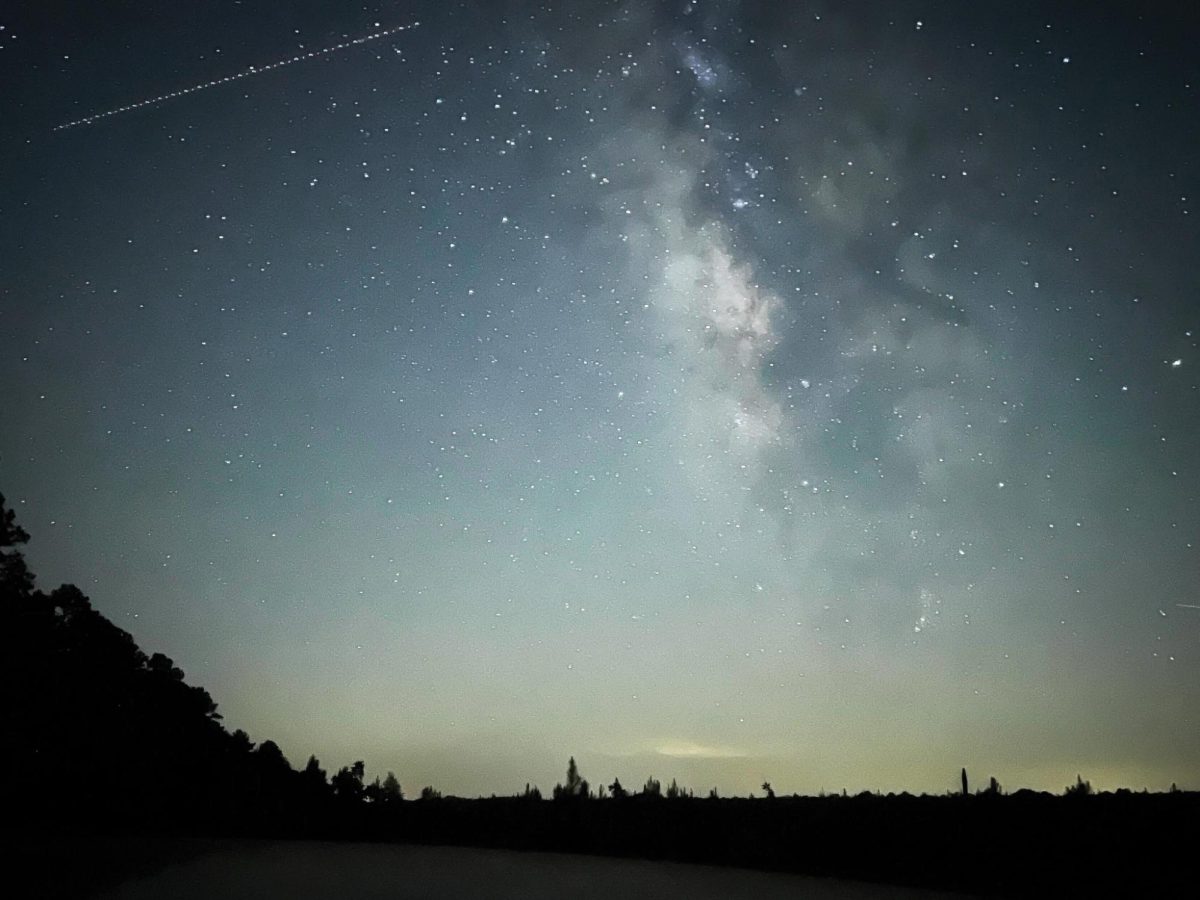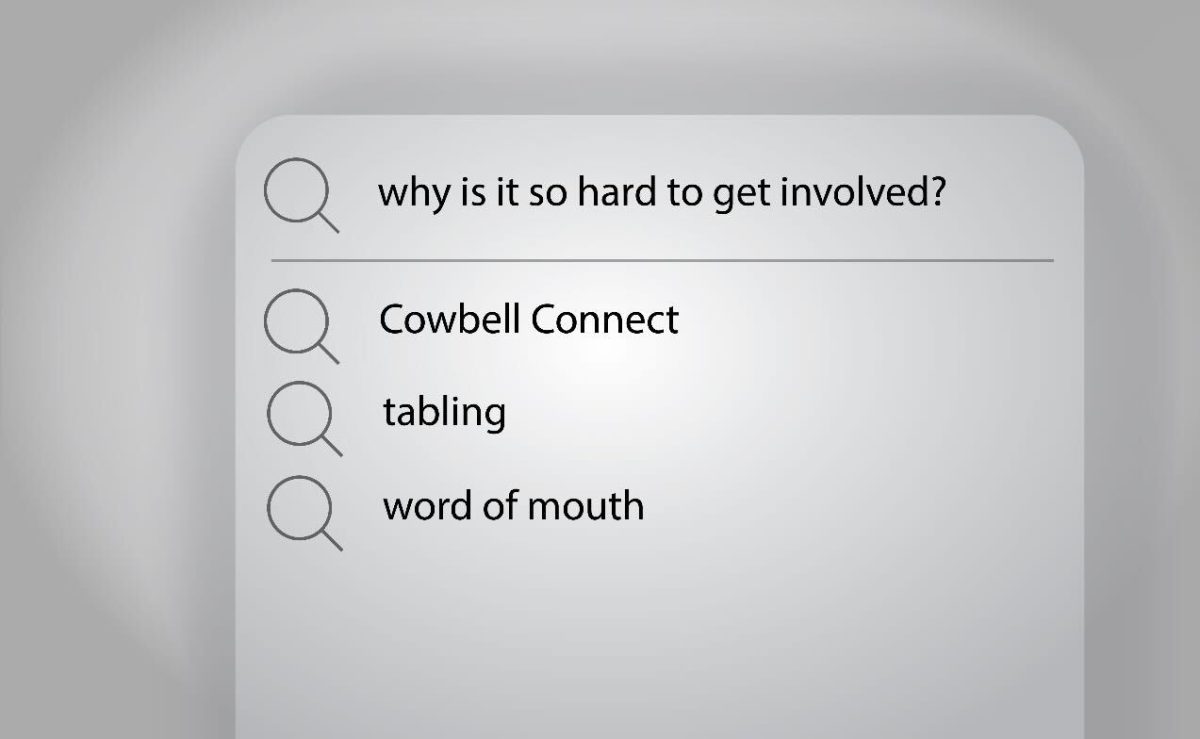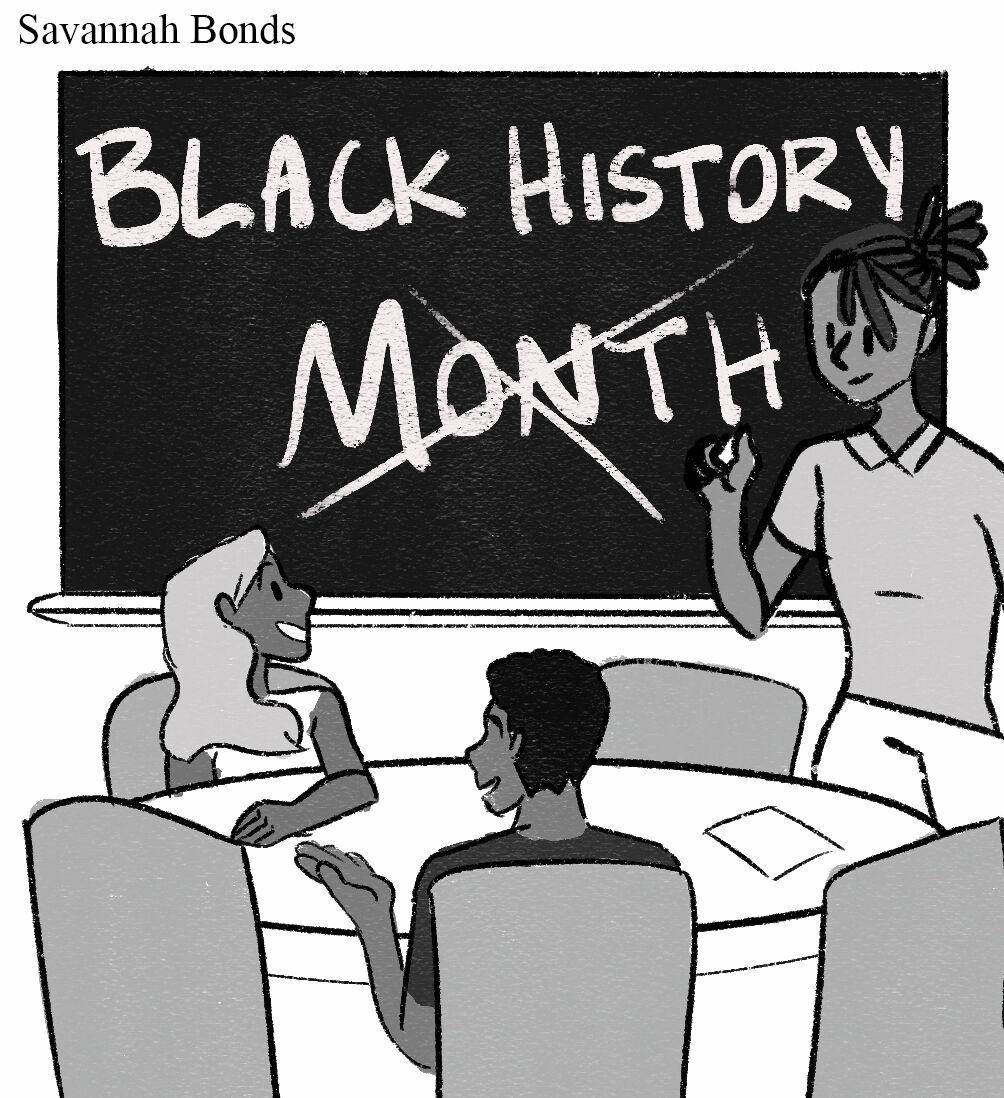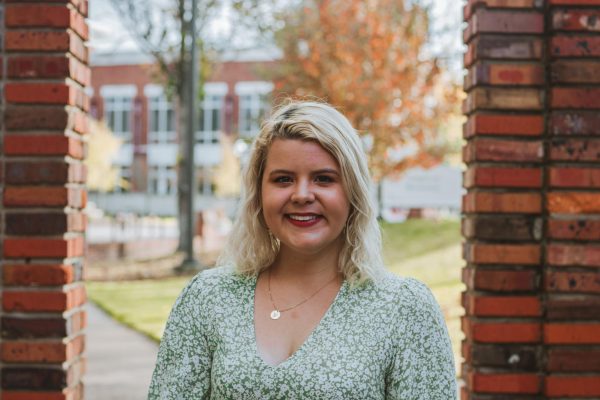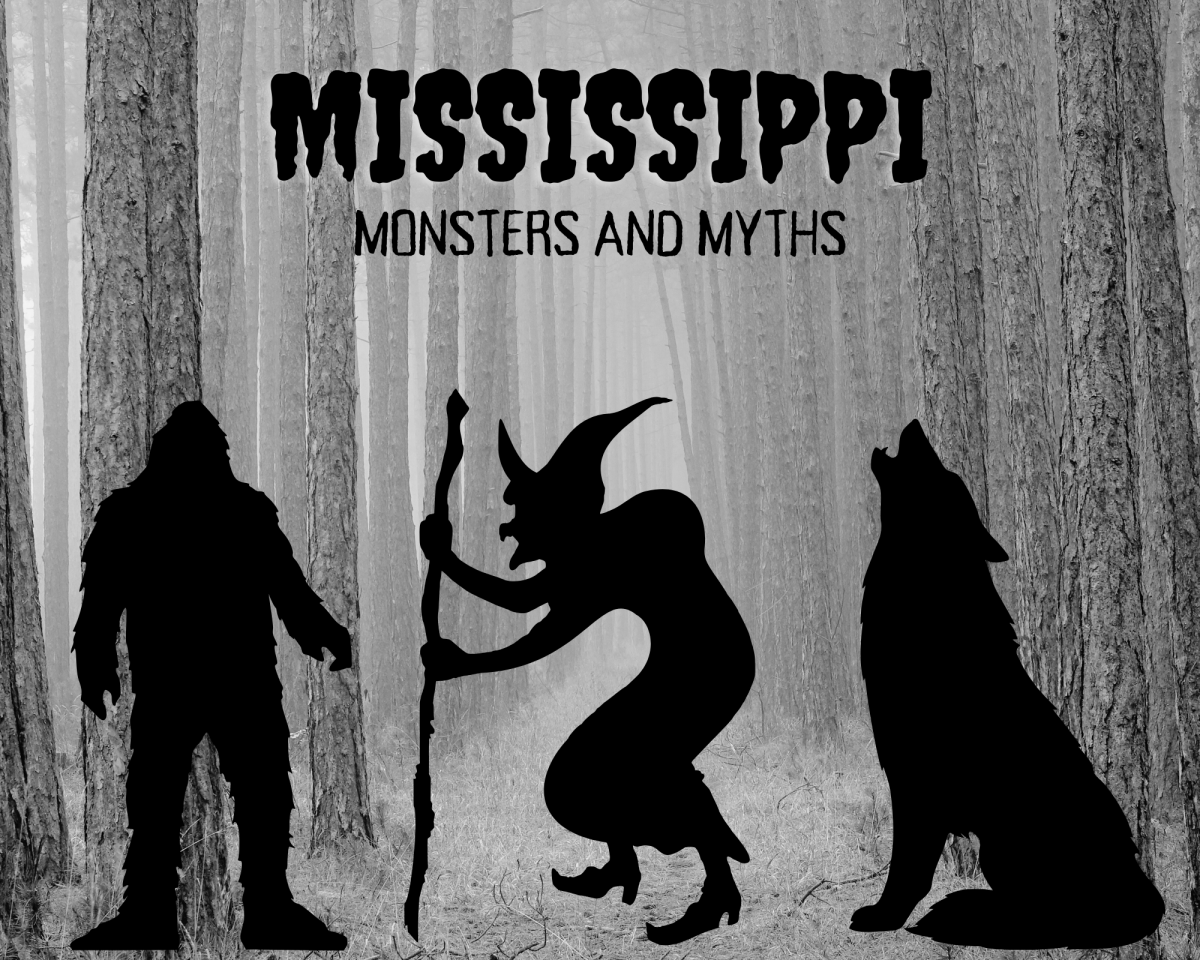February is Black History Month, but Black history goes well beyond just one month of the year. Individuals in the Mississippi State University community are exploring how to push the boundaries of the month and use the whole year as a time of teaching, learning, celebrating and acknowledging African American culture and history.
Donald Shaffer, director of the African American Studies program and professor of English, explained it is vital to have an inclusive and accepting environment at the university.
Shaffer said the African American Studies program garnered attention and enthusiasm from students and faculty alike when it began in 2008. As director of the program, he emphasizes the importance of creating welcoming spaces for students and teaching a curriculum that represents the student body.
Often in school, students are taught incomplete versions of history. Whether the writers of the books purposefully left out details or the information is simply missing from records, the full truth is not available, Shaffer said. While this may be frustrating, he said it is important to acknowledge correctly documented history and to tell the full account of the story.
Aspen Humes, a sophomore communication major at MSU, noted a few ways to learn about Black history outside of the classroom.
“I would say the first step is just being open and realizing that you have so much more to learn,” Humes said.
Humes said being inquisitive, doing research on various topics and reading theory books helped her uncover new information.
Shaffer affirmed the value of diving deep into history because one can see the triumphs, fails and details that make humanity so rich.
“So, history allows us certainly to see the ways in which groups have been oppressed and victimized, but it also, I think, gives a full account into the ways in which Indigenous groups and African Americans have been triumphant despite that history of victimization and oppression. That’s important too,” Shaffer emphasized.
Humes is involved in numerous clubs and organizations at MSU. She said she notices the university listens to different voices but should try to open up more challenging conversations and create an atmosphere that encourages more students to use their voices.
“Whether it be in training, whether it be kind of opening up people or instructors and informing them, I feel like Mississippi State can kind of create an environment that makes everybody feel comfortable in speaking up about their experiences or about things that bother them,” Humes said.
Recently, MSU has increasingly embraced Black culture and history, especially in light of the Black Lives Matter Movement that reignited in 2020. Various people organized protests in Starkville, along with numerous events designed to highlight Black voices.
This month, MSU is holding panels, fine arts exhibits, drive-in movies and more to honor Black History Month. But, as Shaffer said, Black history is not one month out of the year; it is every day. He encourages people to go beyond what is trending and have conversations with people who look different, act differently and think differently because that is how society can move toward practical solutions.
Similarly, Stephen Middleton, a retired professor of history at MSU, explained fixing problems is human nature. Middleton noted once someone identifies the issue, the choice becomes whether or not to solve it. He said being able to communicate well is how problems are solved, and this is something our society is capable of.
“We are an American family, and sometimes we, as an American family, are dysfunctional. We are a dysfunctional family,” Middleton said.
Middleton continued, saying his role in society is to try to lead people to resources that will alleviate some of the dysfunction and hopefully create progress.
“We’ll never be perfect, and I’ll tell you why,” Middleton said. “We are humans, and humans have a propensity for being dysfunctional. It’s the way it was designed.”
Black history is rich and intricate. While February is a great time to start learning, the work never stops. MSU has a multitude of resources for people interested in learning more, along with a full calendar of events this month.





